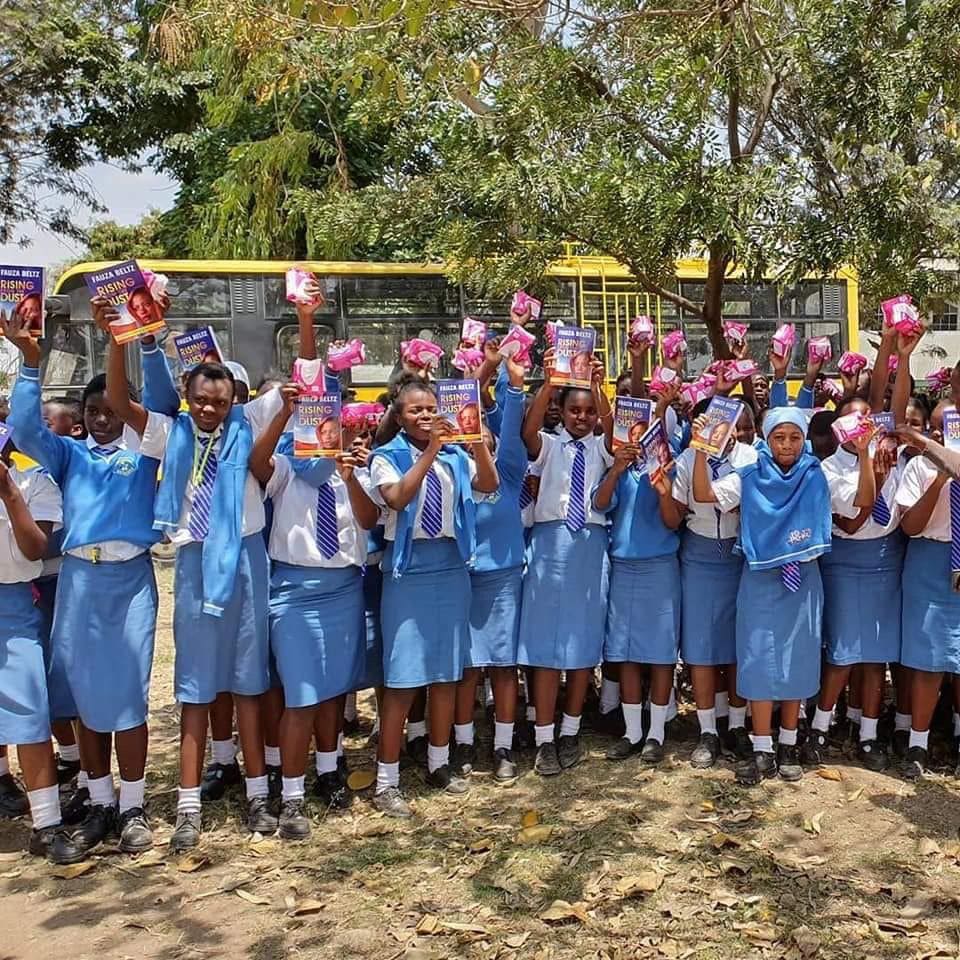#International equal pay day.
The Story of Two Builders!
Long ago, in a small town, two builders named Amal and Tariq worked side by side.
They laid the same bricks, carried the same weight, and built walls that stood equally strong.
At the end of each week, Tariq was handed a full wage, but Amal was given less—simply because she was a woman.
Amal didn’t complain at first. She thought, “Maybe this is how things are.”
But over time, the gap grew heavier than the bricks.
Tariq bought better tools, fixed his roof, and sent his children to school with new books.
Amal, though skilled and hardworking, struggled to keep her home warm and her children fed.
The unfairness wasn’t just Amal’s burden—it became the towns.
Her children had fewer chances, her skills were underused, and her spirit dimmed.
The community lost the full strength of one of its best builders.
One day, the townspeople realized:
When you pay one worker less for the same work, you don’t just shortchange that person—you shortchange everyone.
So, they changed.
They gave Amal the same wage as Tariq.
And suddenly, the town flourished: more homes built, more children learning, more futures opening.
The lesson is simple:
Equal pay isn’t charity. It’s fairness.
It doesn’t just lift one person—it strengthens families, communities, and the whole world.









